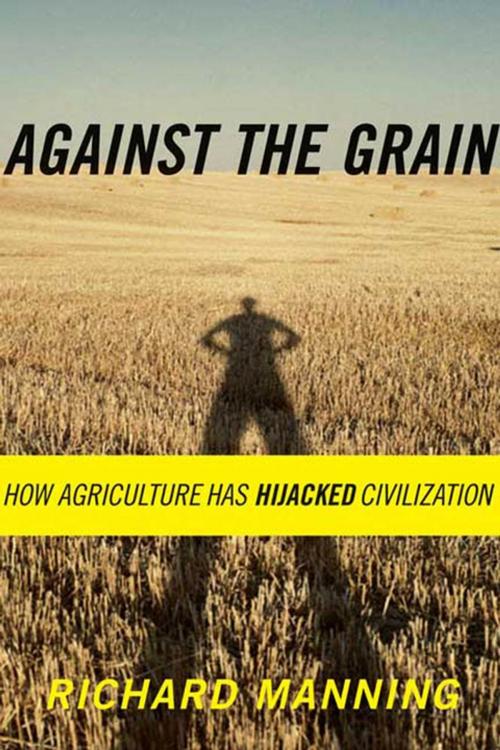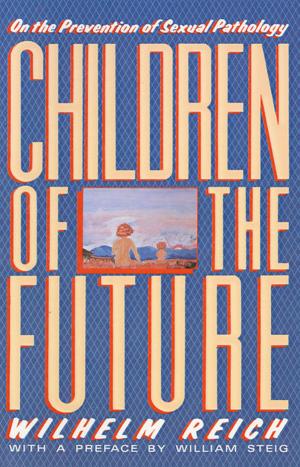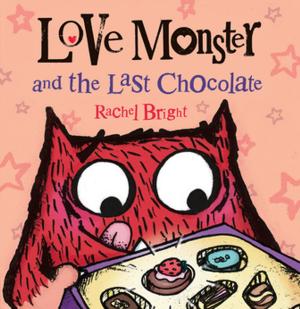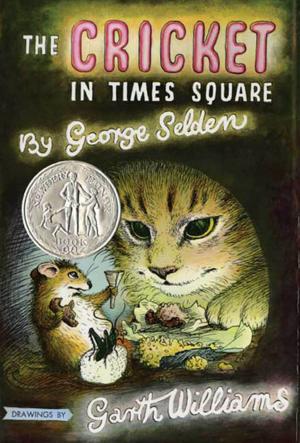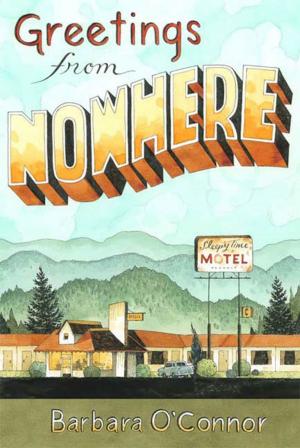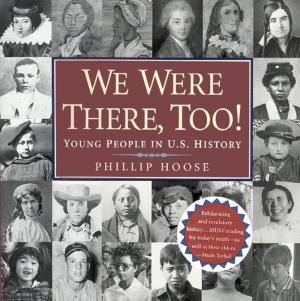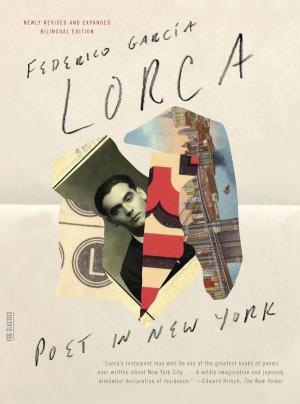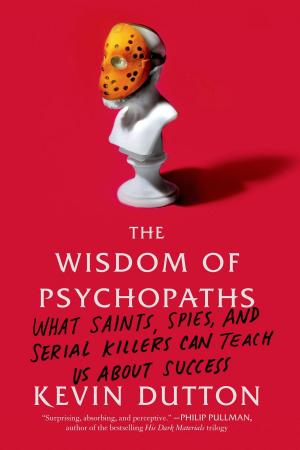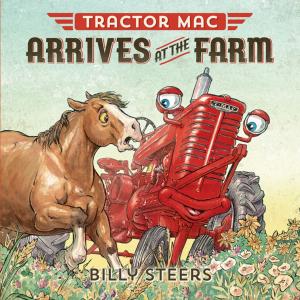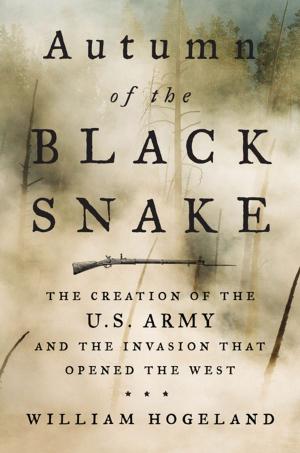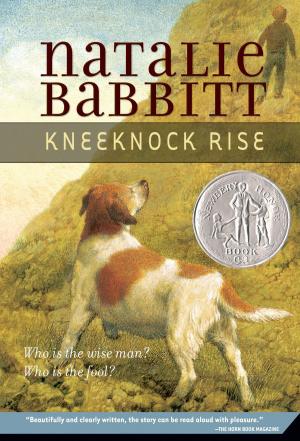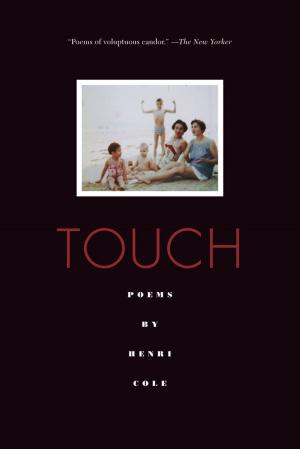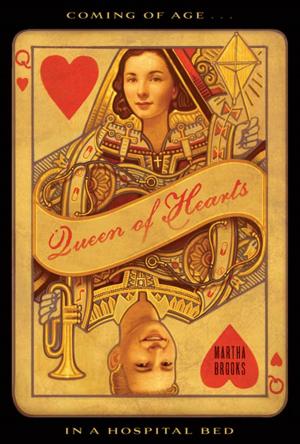Against the Grain
How Agriculture Has Hijacked Civilization
Nonfiction, Science & Nature, Nature, Environment, Ecology| Author: | Richard Manning | ISBN: | 9781466823426 |
| Publisher: | Farrar, Straus and Giroux | Publication: | February 1, 2005 |
| Imprint: | North Point Press | Language: | English |
| Author: | Richard Manning |
| ISBN: | 9781466823426 |
| Publisher: | Farrar, Straus and Giroux |
| Publication: | February 1, 2005 |
| Imprint: | North Point Press |
| Language: | English |
In this provocative, wide-ranging book, Against the Grain, Richard Manning offers a dramatically revisionist view of recent human evolution, beginning with the vast increase in brain size that set us apart from our primate relatives and brought an accompanying increase in our need for nourishment. For 290,000 years, we managed to meet that need as hunter-gatherers, a state in which Manning believes we were at our most human: at our smartest, strongest, most sensually alive. But our reliance on food made a secure supply deeply attractive, and eventually we embarked upon the agricultural experiment that has been the history of our past 10,000 years.
The evolutionary road is littered with failed experiments, however, and Manning suggests that agriculture as we have practiced it runs against both our grain and nature's. Drawing on the work of anthropologists, biologists, archaeologists, and philosophers, along with his own travels, he argues that not only our ecological ills-overpopulation, erosion, pollution-but our social and emotional malaise are rooted in the devil's bargain we made in our not-so-distant past. And he offers personal, achievable ways we might re-contour the path we have taken to resurrect what is most sustainable and sustaining in our own nature and the planet's.
In this provocative, wide-ranging book, Against the Grain, Richard Manning offers a dramatically revisionist view of recent human evolution, beginning with the vast increase in brain size that set us apart from our primate relatives and brought an accompanying increase in our need for nourishment. For 290,000 years, we managed to meet that need as hunter-gatherers, a state in which Manning believes we were at our most human: at our smartest, strongest, most sensually alive. But our reliance on food made a secure supply deeply attractive, and eventually we embarked upon the agricultural experiment that has been the history of our past 10,000 years.
The evolutionary road is littered with failed experiments, however, and Manning suggests that agriculture as we have practiced it runs against both our grain and nature's. Drawing on the work of anthropologists, biologists, archaeologists, and philosophers, along with his own travels, he argues that not only our ecological ills-overpopulation, erosion, pollution-but our social and emotional malaise are rooted in the devil's bargain we made in our not-so-distant past. And he offers personal, achievable ways we might re-contour the path we have taken to resurrect what is most sustainable and sustaining in our own nature and the planet's.
